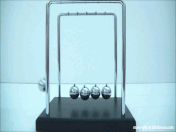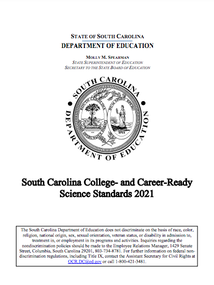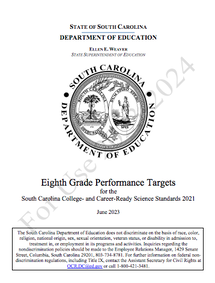8th Grade Science
Lessons from Next Generation Science
Use the filters on the left side of the page.
2014 Unit Plans from the SC Dept. of Education
Tips for Teaching 8th Grade Science
- Be creative with your planning. Plan for frequent student activity, such as mini-labs.
- Consider the Workshop Model for Secondary Science. It will help you plan for class discussion, independent work, group and a time to wrap-up each day.
- There should be several Science kits at your school. If materials are missing from the kits, please contact Mrs. Jeannie Parker to request the items needed.
- FOSS: Earth History Course
- FOSS: Planetary Science - Use your textbook and its resources. Pearson Realize is a great product with it's content, lab manuals, and online resources. Use them to enhance your lessons.
- Become familiar with the K-5 Science standards. The units you must teach were all introduced previously. Look at the K-5 SC Science Standards to gain an idea of what students should already know.
- Realize that students don't necessarily know why their learning is important. Everyday, you must give relevance to the content. The relevance must be familiar and important to students.
- Study the 20 Sample SCPASS questions. Ensure that you are teaching to the level of rigor that will be necessary for student success.
- Be familiar with the Science & Engineering Practices. Incorporate them into your discussions and mini-labs. As the content is taught, think about problems that exist that are related to what you are teaching. Click here for a classroom poster.
- Have students collect and analyze data from their investigations.
- Use Turner's Graph of the Week for additional authentic data analysis.
- Use the Support Document, but it should not limit what you teach. Allow your interests and your students' interests to guide the activities and content of the course. Be creative in the development of you plans.




